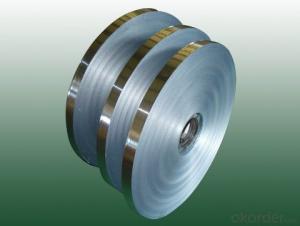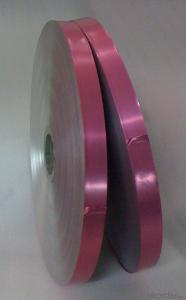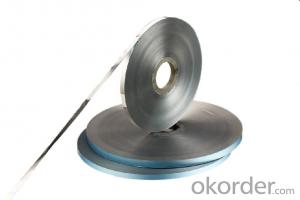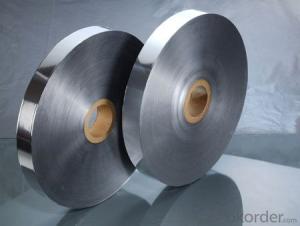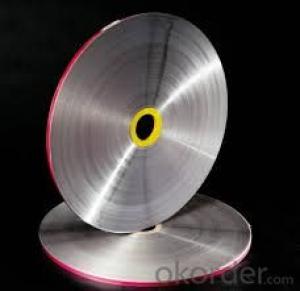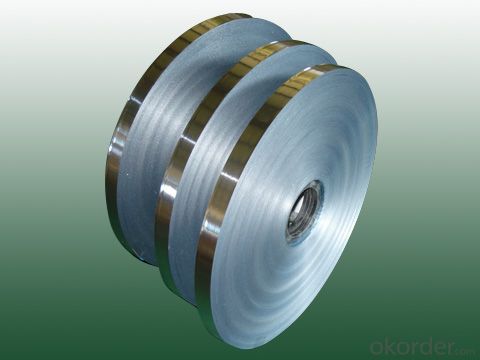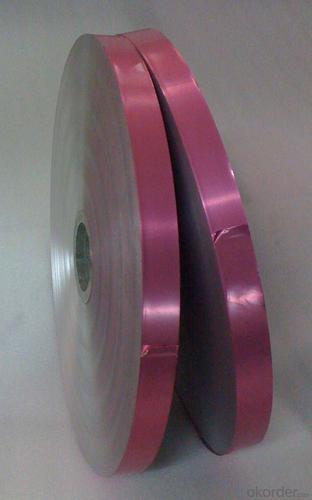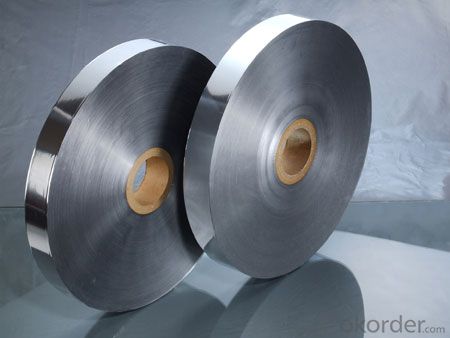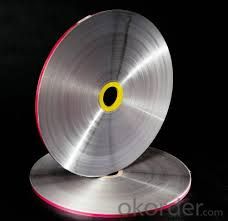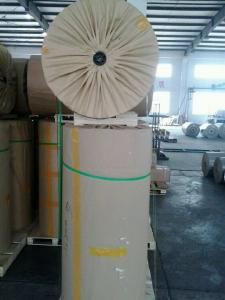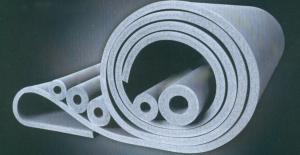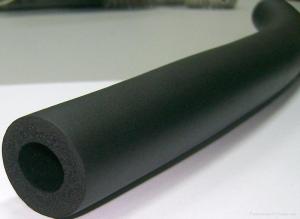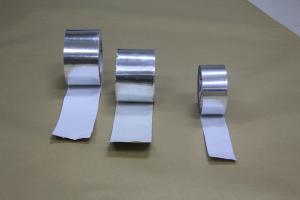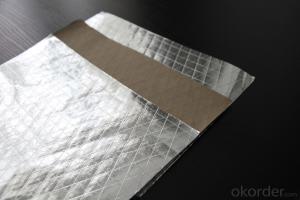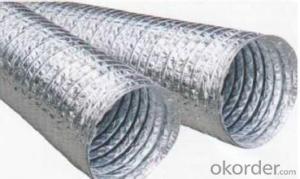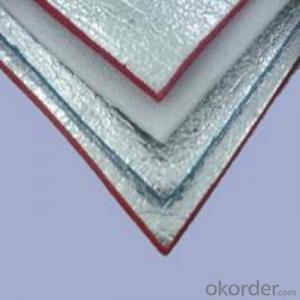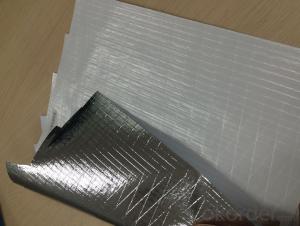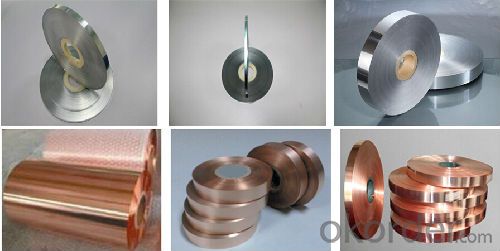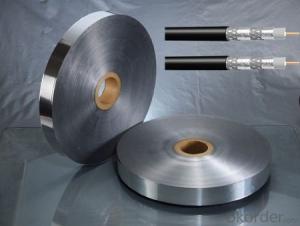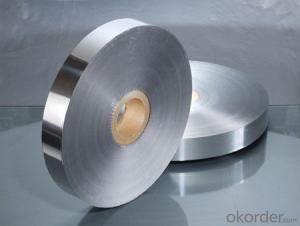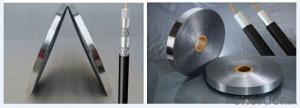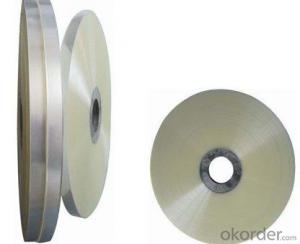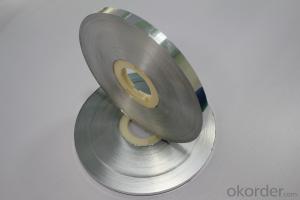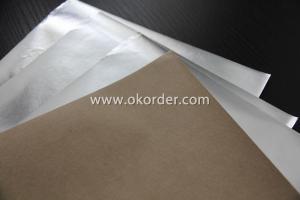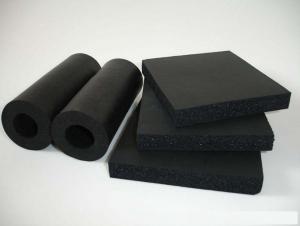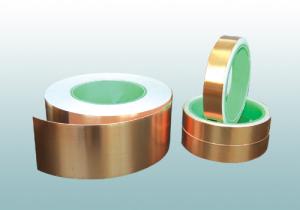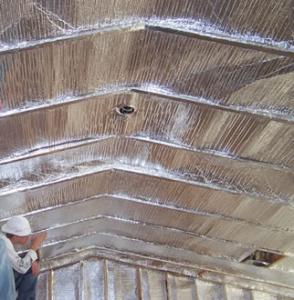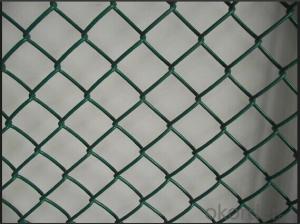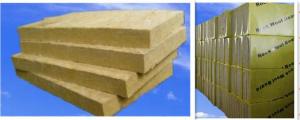Aluminum Foil Facing Shielding Mylar Foil for Cables or Wire
- Loading Port:
- Shanghai
- Payment Terms:
- TT or LC
- Min Order Qty:
- 1000 m²
- Supply Capability:
- 1000000 m²/month
OKorder Service Pledge
OKorder Financial Service
You Might Also Like
Aluminum Mylar foil Shielding Foil for Coaxial Cable communication cable
1.Structure of Aluminum Mylar foil Shielding Foil Description:
Electrical cable is used to transfer electricity, information and the realization of electromagnetic energy transformation. The electrical cable in a broad term mainly indicates to cable and in a narrow term indicate insulation material. Its definition is the aggregation of different parts below: one or more insulation cores, the wrapping layers of the cores, the general protective layers and the outer protective layers. Cables also include additive conductor without insulator.
2.Main Features of the Aluminum Mylar foil Shielding Foil:
Aluminum Mylar foil Shielding Foil is applicable to the shielding of coaxial cable, local network wire, electronic communication cable and computer peripheral wire etc.
1.Thickness: min 6.5mic; width: 300-1000mm.
2. According to GB/T 3198-2010.
3.Usages: cable shield, candy wrap
3. Aluminum Mylar foil Shielding Foil Images
4. Aluminum Mylar foil Shielding Foil Specification
AL-PET laminated foil
Description: Apply for overall or individual twisted pair shield for electronic cable and local network cables, protect from external electromagnetic interference. Features option of LUBRITAPE apply to decrease 50% friction of aluminum surface.
Construction: Aluminum foil, Polyester film
CODE | TOTAL THICKNESS | ALU THICKNESS | GLUE | POLYESTER FILM | WEIGHT |
FP007012 | 22±3 | 7 | 3 | 12 | 38.8±5% |
FP010012 | 25±3 | 10 | 3 | 12 | 46.9±5% |
FP020020 | 43±3 | 20 | 3 | 20 | 83.8±5% |
FP025012 | 40±3 | 25 | 3 | 12 | 87.6±5% |
Special specifications are also available, according to customer’s order. | |||||
AL-PET-AL laminated foil
Description: resilient shielding in cable assembling and provide the enhanced shielding required in harsh environments.
Construction: Aluminum foil +Polyester film+ Aluminum foil
CODE | TOTAL THICKNESS | ALU THICKNESS | GLUE | POLYESTER FILM | GLUE | ALU THICKNESS | WEIGHT |
DFP007015 | 35±3 | 7 | 3 | 15 | 3 | 7 | 65±5% |
DFP009020 | 39±4 | 9 | 3 | 15 | 3 | 9 | 76±5% |
DFP015025 | 61±5 | 15 | 3 | 25 | 3 | 15 | 115±5% |
DFP025025 | 80±5 | 25 | 3 | 25 | 3 | 25 | 175±5% |
Special specifications are also available, according to customer’s order. | |||||||
Bonded AL-PET laminated foil
Description: A laminated aluminum-polyester-aluminum tape is fully bonded to the foam dielectric to provide 100% coverage, longitudinally applied over the polyethylene core and the tape minimizes signal leakage.
Construction: Aluminum foil + Polyester film + Aluminum foil + EMAA film
CODE | TOTAL THICKNESS | ALU THICKNESS | GLUE | POLYESTER FILM | GLUE | ALU THICKNESS | GLUE | EMAA | WEIGHT |
DFPH009012 | 65±5 | 9 | 3 | 12 | 3 | 9 | 3 | 25 | 98±5% |
DFPH009020 | 72±5 | 9 | 3 | 20 | 3 | 9 | 3 | 25 | 108±5% |
DFPH009025 | 75±5 | 9 | 3 | 25 | 3 | 9 | 3 | 25 | 114±5% |
DFPH010025 | 84±5 | 10 | 3 | 25 | 3 | 10 | 3 | 25 | 126±5% |
Special specifications are also available, according to customer’s order. | |||||||||
Copper polyester foil
Description: Copper foil, copper lamination foil typically use as shielding for low/medium voltage cable and radio frequency coaxial cable. The rolled annealing copper foil is flexible to wrap cable core, also it has the excellent physical properties, Polyester film provides electrical insulation and high mechanical properties.
Construction: Copper foil + Polyester film
CODE | TOTAL THICKNESS | CU THICKNESS | GLUE | POLYESTER FILM | WEIGHT |
CP018012 | 33±3 | 18 | 3 | 12 | 175±10% |
CP007020 | 46±3 | 18 | 3 | 25 | 195±10% |
CP015012 | 30±3 | 15 | 3 | 12 | 160±10% |
Special specifications are also available, according to customer’s order. | |||||
5.FAQ
We have organized several common questions for our clients,may help you sincerely:
① Where you used this foil?
Aluminum Mylar foil Shielding Foil is used for cable shield, candy wrap for the shielding of coaxial cable, local network wire, electronic communication cable and computer peripheral wire etc.
②How to guarantee the quality of the products?
We have established the international advanced quality management system,every link from raw material to final product we have strict quality test;We resolutely put an end to unqualified products flowing into the market. At the same time, we will provide necessary follow-up service assurance.
③How long can we receive the product after purchase?
In the purchase of product within three working days, We will arrange the factory delivery as soon as possible. The pecific time of receiving is related to the state and position of customers.Commonly 7 to 10 working days can be served.
- Q: Is it safe to use aluminum foil as a wrapping material for food to be fried?
- <p>Yes, you can use aluminum foil to wrap food and fry it. Aluminum foil is heat resistant and can withstand high temperatures, making it suitable for frying. However, it's important to ensure that the foil is securely wrapped around the food to prevent any oil from seeping in and to avoid any foil from breaking off into the oil, which could be a fire hazard. Always follow safety guidelines when deep frying with aluminum foil to prevent accidents.</p>
- Q: Is it possible to use aluminum foil facing as a substitute for a pizza crust?
- <p>While it's not conventional, you can technically use aluminum foil facing as a makeshift pizza crust in a pinch. However, it won't provide the same texture or taste as a traditional crust. Aluminum foil is not designed for consumption and lacks the nutritional value of a real pizza crust. It's advisable to use a proper pizza dough or a store-bought crust for the best results. If you're in a bind, consider alternatives like using a tortilla or flatbread for a makeshift crust.</p>
- Q: What are the distinctions among various food wraps found in stores?
- <p>Yes, there are differences among food wraps available on the market. They vary in material, such as plastic, aluminum foil, parchment paper, and beeswax wraps. Each type has distinct properties: plastic cling wrap is versatile but not microwave-safe; aluminum foil conducts heat well and is reusable but can tear easily; parchment paper is ideal for baking and can withstand high temperatures; and beeswax wraps are eco-friendly, reusable, and can be used in the fridge or freezer but not for high-heat cooking. Each type also differs in terms of environmental impact, cost, and suitability for different food storage and cooking needs.</p>
- Q: Can the shiny side of aluminum foil be utilized as a reflective surface?
- <p>Yes, aluminum foil facing can be used as a reflector. Aluminum foil has a highly reflective surface, which makes it suitable for reflecting light and heat. The shiny side of the foil is particularly effective due to its smooth and polished finish. It is commonly used in various applications such as cooking, gardening, and DIY projects to reflect heat or light. However, it's not as efficient as specialized reflective materials like mirrors or aluminum-coated fabrics, and it can degrade over time with exposure to elements.</p>
- Q: Is it possible to use aluminum foil facing as a material for creating a potpourri sachet?
- <p>Yes, you can use aluminum foil facing to make a potpourri sachet. Aluminum foil is a versatile material that can be cut into small squares or shapes and filled with dried flowers, herbs, and spices to create a fragrant sachet. Ensure the foil is clean and free from any oils or residues before use. Seal the edges of the foil to prevent the contents from spilling out. While it's not as breathable as fabric, it can still hold the scent and keep the potpourri fresh.</p>
- Q: Is it safe and practical to use aluminum foil with a reflective side to wrap raw meat?
- <p>Yes, you can use aluminum foil facing to wrap raw meat. Aluminum foil is a common and safe material for food packaging, including raw meats. The reflective side of the foil can actually help to keep the meat moist during cooking by reflecting heat. However, it's important to ensure that the foil does not come into direct contact with any open flames as it can cause a fire hazard. Additionally, when using foil for cooking, make sure to poke small holes in it to allow steam to escape, which can help prevent the foil from tearing or the meat from becoming too soggy.</p>
- Q: This question asks for a comparison between aluminum foil facing and other types of metal foils, highlighting their differences.
- <p>Aluminum foil facing is distinct from other metal foils due to its specific properties. It is lightweight, highly reflective, and offers excellent heat conductivity, making it ideal for insulation and cooking applications. Unlike other metal foils, aluminum foil is non-toxic and can be safely used in food packaging and preparation. It is also corrosion-resistant and has a lower melting point compared to metals like steel or copper, which affects its usability in various industries. Additionally, aluminum foil is more affordable and widely available than some other metal foils, contributing to its popularity in everyday use.</p>
- Q: What are some effective ways to use aluminum foil in the kitchen?
- <p>Using aluminum foil effectively in the kitchen can enhance cooking and cleaning. Here are some tips: 1. Line baking sheets to prevent food from sticking and to make cleanup easier. 2. Create a foil packet for cooking fish, vegetables, or meats to lock in flavors and moisture. 3. Use foil to cover dishes during baking to prevent over-browning, then remove it for the last few minutes to achieve a crispy top. 4. Create a makeshift roasting rack by folding foil to elevate meats for even cooking. 5. Use foil to wrap handles of hot pots and pans to prevent burns. 6. Polish cookware with crumpled foil and water to remove stains and scratches. 7. Use foil to create a seal when storing leftovers in containers to keep food fresh. Always handle with care and avoid using foil with acidic or alkaline foods as it can react with the foil.</p>
- Q: This question asks for the method to wrap a hot pan using aluminum foil, with specific instructions on how the foil should face.
- <p>To wrap a hot pan with aluminum foil, first ensure the pan is stable and on a heat-resistant surface. Take a large piece of aluminum foil, about twice the size of the pan. Hold one corner of the foil and drape it over the pan, allowing the shiny side to face the pan. Gently press the foil against the pan, working your way around the edges to cover the entire surface. Ensure the foil is snug but not too tight to avoid tearing. The shiny side facing the pan will help reflect heat and protect the pan's surface. Be cautious while handling the hot pan and aluminum foil to avoid burns.</p>
- Q: This question asks for the proper cleaning method for aluminum foil facing after it has been used.
- <p>To clean aluminum foil facing after use, first let it cool down to avoid burns. Then, gently scrape off any food residue with a plastic scraper or the edge of a credit card. Avoid using metal scrapers as they can scratch the surface. Wipe the surface with a damp cloth and mild dish soap to remove any grease or grime. Rinse with warm water and dry thoroughly. For stubborn stains, you can use a mixture of baking soda and water to create a paste, apply it to the stain, let it sit for a few minutes, then scrub gently and rinse. Always check the manufacturer's instructions for any specific care requirements.</p>
Send your message to us
Aluminum Foil Facing Shielding Mylar Foil for Cables or Wire
- Loading Port:
- Shanghai
- Payment Terms:
- TT or LC
- Min Order Qty:
- 1000 m²
- Supply Capability:
- 1000000 m²/month
OKorder Service Pledge
OKorder Financial Service
Similar products
Hot products
Hot Searches
Related keywords
